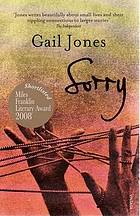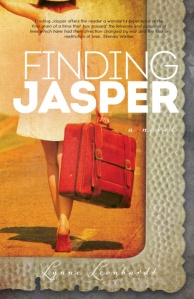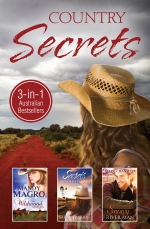 Sorry is an unsatisfying book.
Sorry is an unsatisfying book.
After seeing Kevin Rennie’s glowing review earlier this year, I had expectations. I loved Jones’ Dreams of Speaking, the first book I finished for 2012. I’ve heard great things about Five Bells. Sixty Lights has been working its way up my “to be read” pile. Then I was caught at my mum’s house last week without a book to read and saw Sorry on her bookshelf. I’d picked it up at a Lifeline fair and passed it on to her months ago. It seemed the perfect bookend for the year.
Yet I found myself struggling to concentrate and – I admit it – counting the pages to the chapter end.
It’s not the density of the language, though Rennie is right to point out that the book is peppered with old-fashioned phrases. I love Jones’ prose. I relish in her love of words, her passion for books and Shakespeare. The problem was the structure.
If I’d kept in mind as I read that it is “a bit of a murder mystery”, as Rennie calls it, I might’ve been more engaged. But I found little of the sense of urgency or curiosity I associate with that genre. Jones invites her readers into her tale with a graphic, disturbing opening only to abandon them, to let the narrative drift. It drifts across the Northern Territory in the war years of the early 1940s, across the lives of a displaced English couple and their run-wild child, the slow disappointments and cruelty of the anthropologist father and disintegration of his Shakespeare-obsessed wife, the child’s friendships with a succession of Aboriginal companions and a deaf-mute son of a neighbour. The novel gathers momentum with the Japanese bombing of Broome and comes to a denouement with the revelations of the truth behind the novel’s opening.
It is a good – perhaps even great – book. A book, Rennie says, that every Australian should read. But I was left… unsatisfied. The book is “about” things, important and interesting issues. It’s a meditation on language, reading and communication, on intimacy, race relations, prejudice, failure and forgiveness. With such noble themes, it should have moved me more. But what it’s not is the kind of tale I really like, a book that makes me feel intensely, that sweeps me away on a flood of emotion, as well as thought and imagination, and leaves me stranded and exhausted – and changed – at the end.




